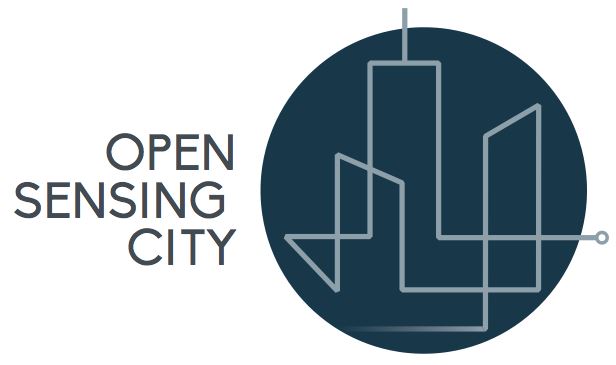OpenSensingCity

In the context of smart cities, the deployment of multiple sensors provides access to numerous data streams in real time. The open publication of sensor data brings innovation opportunities by combining the usual benefits of open data with those of real time updates. Indeed, open data ensures transparency and, in principle, allow anybody to develop services that were never envisioned by data providers. Real time updates allow one to consider the development of new services beyond the traditional use of open data, e.g., for logging evolution and conducting a posteriori analysis. We can therefore contemplate the creation of an ecosystem of smart open urban services. While publishing sensor data via an open data platform, such as Grand Lyon’s “Smart Data” platform, is a first step towards our goal, it is now necessary to propose solutions to facilitate uses and usages of real time open data. As a matter of fact, these data are practically difficult to understand, find and eventually exploit. This is even truer when data is coming from raw stream of sensor data because constraints on processing and communication capabilities impose minimising transmitted information.
Consequently and in order to enable the development of a smart open city service ecosystem, we want to provide (1) technological solutions to help leverage open sensor data for city application developers, and (2) guidance to the actors of the open sensor data environment by analysing the stakeholder strategies, defining usage scenarios and terminologies. To this aim, we combine a social analysis of actor expectations, requirements and practices, with a technological and theoretical expertise in online data and knowledge processing and engineering. The social component of our proposal will ensure a better understanding of expectations and needs of various categories of real time open data users. The technological component is based on existing Semantic Web technologies as well as stream processing techniques. This will expectedly result in enriching and publishing stream data to an open platform, taking into account the new paradigm of linked data, stream data and reasoning. This major shift will be achieved by building new ontologies related to smart cities when necessary as well as a formalism for querying and combining streams in such a context. Additionally, by combing our work in the social and technological domains, we will define search and browsing capabilities that we will implement according to the identified expectations and needs. Finally, when those tools will be effectively developed, we will show their utility by providing a demo application that uses them and further study the usage scenarios. Our planned application will offer an intelligent transportation system that helps vehicle drivers to better find parking spots, with possible testing in the city of Lyon.